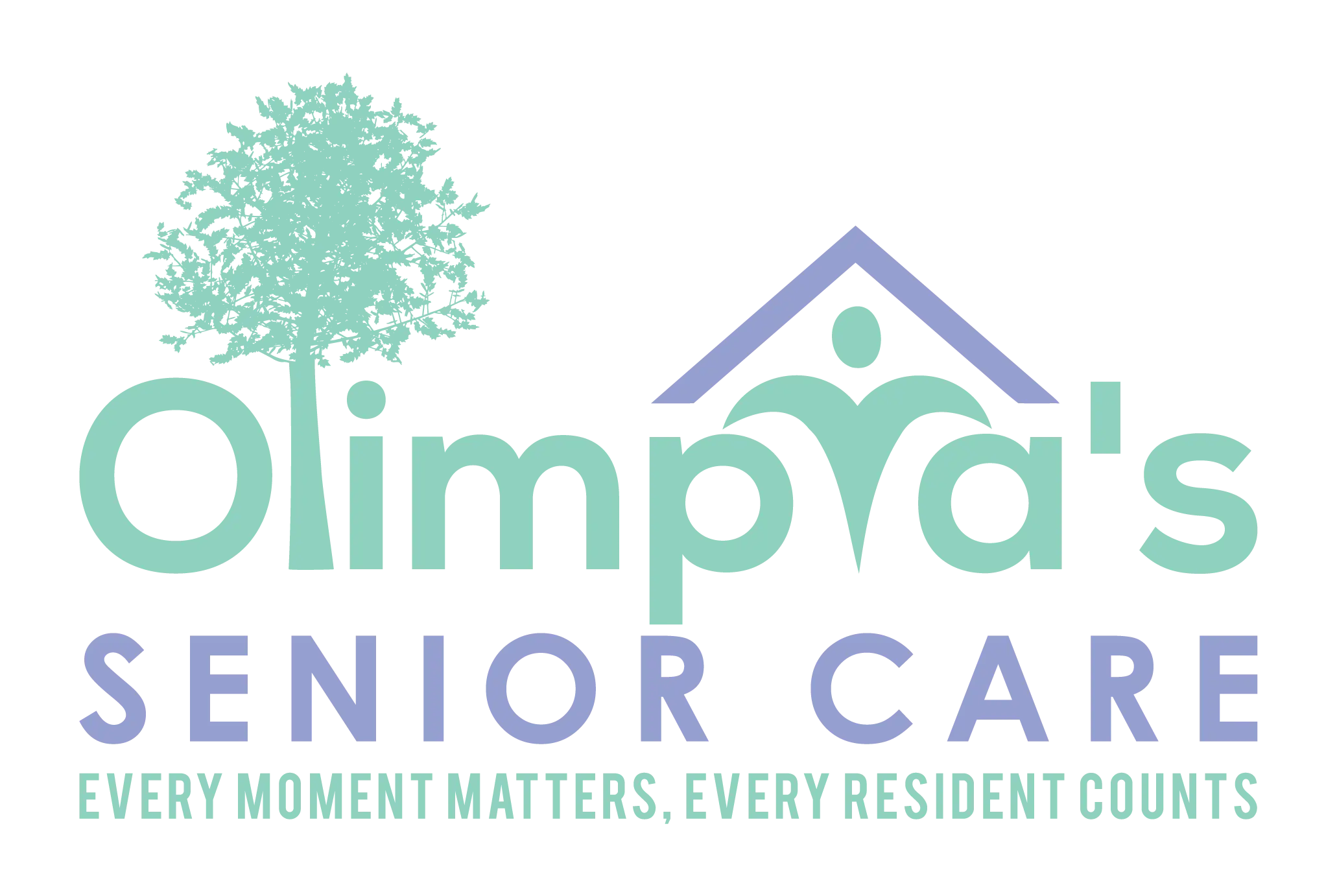How to know when your parents need assisted living? It’s a question many adult children face, often filled with emotion and uncertainty. This comprehensive guide offers compassionate advice and resources to navigate this significant decision concerning your senior family members. We’ll explore key signs indicating a potential need for assisted living, provide practical tips, and discuss approaching this sensitive conversation.
Signs and Tips on How to Know When Your Parents Need Assisted Living
Recognizing the signs your parents might need more care services can be challenging. Early intervention improves their overall health, comfort, and longevity. Understanding how to know when your parents need assisted living can relieve stress and help you make informed decisions.
Declining Health and Increased Frailty
Declining health, especially chronic conditions, is a major factor. The AARP reports over 70 million people aged 50+ have at least one chronic condition impacting daily living activities. Conditions like heart disease or Alzheimer’s significantly impact daily life.
More than 80% of those over 65 have at least one chronic illness, according to the NCOA.
Difficulties with Daily Tasks
Struggling with activities of daily living (ADLs) like bathing, dressing, or eating is a clear indicator. These struggles can compromise their independence and hygiene and are also precursors for safety hazards.
Bathrooms are dangerous for many seniors. 80% of falls happen there, often due to fear of bathing alone. If showering unaided makes your mom nervous, consider assisted living.
Changes in Hygiene and Appearance
Noticeable changes in personal hygiene, like infrequent showering or neglecting grooming, are important. These can be early signs of physical or cognitive decline.
Social Isolation and Loneliness
Social isolation is a significant health risk linked directly to increased mortality in a Nature study. Withdrawal from social activities, decreased communication, and loss of interest in hobbies are warning signs. Loneliness also has demonstrably unfavorable health outcomes, impacting a senior family’s dynamics.
Safety Concerns
Falls, medication errors, and wandering are serious risks. Nearly one-third of seniors fall at least annually. Assisted living provides a safe environment, minimizing these risks.
Weight Loss or Changes in Eating Habits
Significant weight loss, loss of appetite, or difficulty preparing meals signals a decline in health. Poor nutrition or other warning signs may mean someone could benefit from the proper nutrition of long-term care. Obesity also presents its own set of challenges with worse health outcomes as we age, according to JAMA.
Financial Mismanagement or Difficulty Paying Bills
Trouble managing finances, paying bills, or unusual spending can indicate cognitive decline or vulnerability to scams.
Home Maintenance Issues
Difficulty maintaining the home, like neglecting repairs or accumulating clutter, can be overwhelming for seniors. These issues can create safety hazards, indicating a need for a safer environment.
Driving Concerns
If driving is becoming unsafe, it’s time to consider alternatives. This impacts not only practical tasks but can also be an emotional blow to independence.
If you’re still unsure how to know when your parents need assisted living, consider consulting Olimpia’s Senior Care professional for advice.

Discussing Assisted Living with Your Parents
Talking about assisted living requires sensitivity and patience. Focus on their needs, involve them in the decision-making process, and explore options together. Finding assisted living involves several aspects.
Understanding the Options
Different assisted living communities cater to various needs. Research options, visit communities, and compare services. Discuss costs openly, addressing financial resources and concerns with your aging parent.
Continuing care retirement communities (CCRCs) offer varying levels of care, including memory care. CCRCs house over 810,000 seniors, highlighting the increasing need for these facilities.
Wikipedia notes useful CCRC information, including entrance fees. A portion of these fees are often refundable. AARP gives helpful info on CCRCs.
Financial Planning
Discuss costs and explore financial resources, including long-term care insurance. Open communication and understanding of your parent’s financial situation is important. Managing parental finances effectively ensures they receive the care they deserve.
Consider Medicare coverage and explore options for protecting assets. Medicare coverage for assisted living can vary. Look at options for protecting finances during this transition.

Making the Decision
Deciding on assisted living is significant. Take your time, consider all factors, and weigh your options. Outside perspectives can also be valuable. Consider long-term options and needs for the future.
Prioritizing Well-being and Safety
The decision revolves around your parent’s well-being and safety. Hasty decisions may not be practical or beneficial. Assisted living offers substantial advantages when family care is insufficient.
Online portals like Newlifestyles provide elder care listings. Consulting resources like Wiki can keep you up-to-date with the best places to find information about adult needs.
Assessing Preparedness for Assisted Living
Evaluating circumstances helps determine preparedness. Medicare.gov offers assistance exploring options. Consider various factors, from physical health to mental well-being. Finding a nursing home requires research and visits.
Reducing family tensions during this transition is crucial. Encourage adult-friendly routines and explore transport options. Senior care professionals offer valuable guidance.
FAQs about How to Know When Your Parents Need Assisted Living
When to put a parent into assisted living?
Consider assisted living when declines in health, safety, or independence impact their ability to manage daily tasks. This includes difficulties with personal care, increased falls, or significant behavior changes.
When can you no longer care for an elderly parent?
When providing adequate care becomes unsustainable due to your health, time constraints, or the complexity of their needs, assisted living is an option. It provides professional support when personal care becomes too much.
How do you tell when someone needs assisted living?
Look for signs like declining health, safety concerns, difficulty with daily tasks, and social isolation. Changes in hygiene, financial mismanagement, or home maintenance issues can also signal a need for assistance.
How to convince a parent to go to assisted living?
Approach the conversation with empathy. Involve them in decision-making, touring communities, and discussing care options. Highlight the enhanced social interaction and support.
Conclusion
Knowing when your parents need assisted living isn’t always easy. Understanding the signs, having open communication, and seeking resources from elder care professionals helps make informed decisions.
Navigating this transition requires patience and empathy. Find a good fit that addresses their health, cognitive, and practical needs, enhancing their quality of life. Consider the family’s well-being during this significant change.
Use available local resources to ease anxiety and ensure peace of mind during challenging times. This process involves adjustments for both seniors and families, whether independent or assisted. It is often during times of health decline that self-reflection and peace of mind are crucial for both parents and children.




